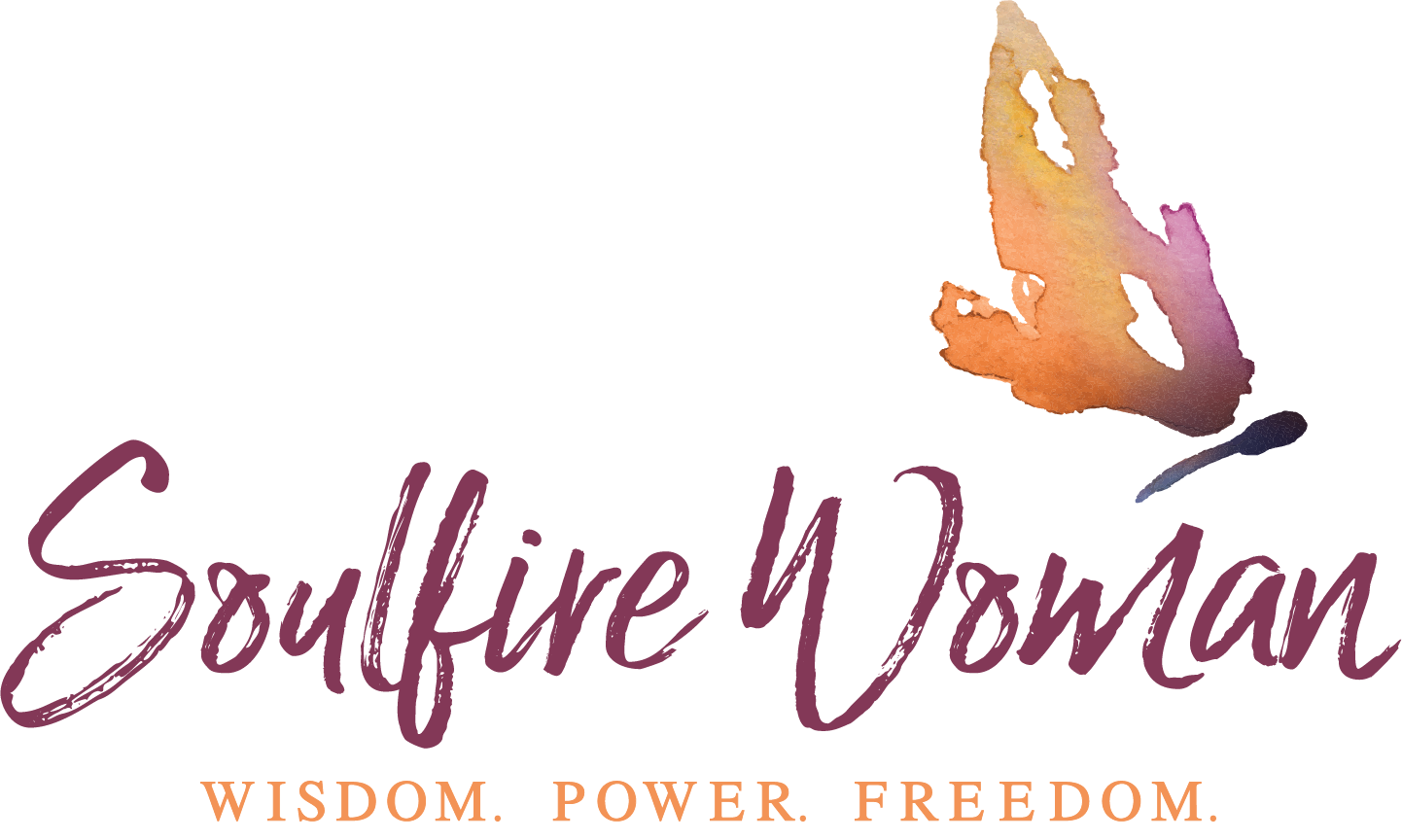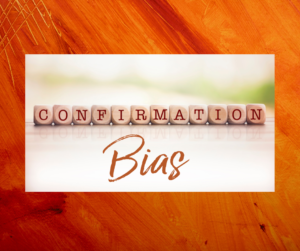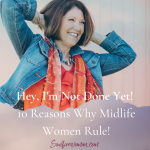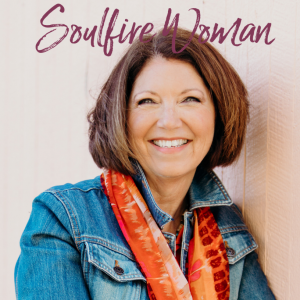Empathy Changes Confirmation Bias.
Is there anyone out there interested in a less polarized world?
I’m sensitive to harsh responses and hurtful words. They cut to my heart like an invisible bolt of lightning. If you’re an empath, you feel that too.
Posts are showing up in my Facebook feed like this. They hurt. There is no effort at all to seeing a possible other side. I see empathy lacking and judgment and fear taking hold.
I want to be able to have open discussions with my friends and family but can’t because everyone seems to be ground down in their opinions and judgments. People believe as fact what they see on social media and certain news programs on television. If I do say something, it’s a debate not a discussion. I just want to understand.
Do you want to be right? Or do you want to be in relationship?
As the Buddha says, I’m looking for the Middle Way. In thinking about our polarization, I’ve come up with both spiritual and psychological responses to finding the grey area in-between the black and white. Let’s start with one psychological concept (there are many others at play here). I’ll get back to the spiritual in another post.
Confirmation Bias. It’s how we filter what we hear and is anything but objective.
I say this with no judgment. Confirmation bias is a psychological concept that states we selectively gather evidence to support our beliefs and purposely interpret information so we can reinforce our existing opinions. We all do it, mostly unconsciously. The key is to become aware, catch ourselves doing it, and want to change it.
If we don’t like someone, we only hear evidence to validate that we are right, and the person is a real creep. We don’t hear the100 nice things about him or her. Why? Because our egos get in the way. It feels emotionally uncomfortable. It makes us feel insecure to hear that things might actually be contrary to what we think and believe. We ignore information that challenges us.
Our brains assist us with this because it makes decision-making easier. No critical thinking involved.
We hang around with similar and like-minded people wanting to belong and be part of a group. This is human nature. Church families come to mind. Political affiliations. Private clubs. Even our local Cheers Bar.
We also chose beliefs that align with our goals and reject information that threatens our personal desires.
– If we are focused on losing weight, we may believe that a high protein diet is the best way to achieve our goal and dismiss information that says a Mediterranean diet might be more balanced.
– If we think people get things handed to them unfairly like those on welfare, then we seek out people who beat the system and confirm our beliefs ignoring how welfare helps millions, especially single mothers.
-Or, we are determined to make a long-distance relationship work, believe that love can overcome any obstacle, and ignore facts to the contrary.
-Maybe we are deeply committed to a spiritual practice and believe that our way is the only way and reject any other possible ideology. Substitute parenting style here too.
-Or, similarly we have a strong political affiliation and may believe our party’s policies are the best for the country and reject data that shows the negative impact of those policies, preferring to believe in the righteousness of our political stance.
It’s all confirmation bias. We are confirming what we already believe. Beliefs that come from our upbringing or from something that happened to us in our lives. I have family members who really are biased against a certain race because they were once robbed. It was, of course, a horrible experience that then went on to influence a belief that all people in the race are criminals.
I don’t want to live in black and white. I want the Middle Way.
For me the Middle Way, and first place to start in challenging my own confirmation bias, is this:
Grow my empathy quotient. The most important training I’ve ever had as a psychotherapist is to put myself in someone else’s shoes and walk a mile in them. I had no idea what this felt like until I sat across from others in our therapy sessions who were in deep emotional pain. I may not have experienced what they did, but I could feel it and understand it. I didn’t have to agree with their choices, but I did owe them my compassion. I came to know that’s what heals, empathy and compassion.
If you, like me, are truly interested in bridging the polarization gap and challenging your confirmation bias, here are 5 more steps you can take:
1. Broaden your perspective. Expose yourself to information that challenges your beliefs. Diversify your news sources.
2. Be curious. Assume there is a valid other side to your opinion. Educate yourself. Fact check.
3. Stop using judgmental and harsh language. It has vibration. Harsh language perpetuates anger. Do you want to live like that?
4. Ask yourself these questions (same as when you have anxiety) – What is the evidence for this and is it sound? Could my belief be wrong? Don’t accept things as fact without doing your research.
5. Take a deep dive into your past. Reflect on why you believe the way you do. Is there healing that needs to take place there? Is your belief still valid? What are you afraid of if you change your beliefs, maybe rejection or being ostracized? Have an open and honest conversation with yourself.
If we all take a little bit of time and empathically walk in each other’s shoes, we just might be a little less at odds. Try it. Close your eyes and imagine someone you are at odds with. Put yourself in his or her place. Feel in detail what it’s like. Do this as best you can the next time you notice you are in judgment.
So, are you with me or against me?
With Love and Gratitude,
Dyanne
PS- Spread the word about confirmation bias and SHARE to your Social Media accounts or with friends.




